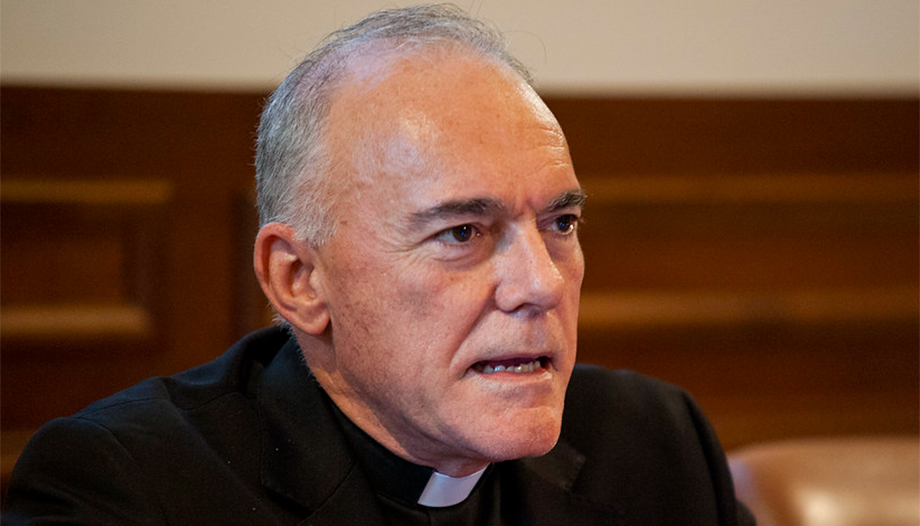Professor of Canonical Patrimonial Law at the Pontifical University of the Holy Cross, Jesús Miñambres, is also the coordinator of the Case Group, (Corresponsabilità Amministrazione e Sostegno Economico alla Chiesa), an international interdisciplinary research group on issues related to the management and subsistence of the Catholic Church.
Miñambres, who will be in charge of introducing the president of the Institute for the Works of Religion, Jean-Baptiste Douville de Franssu, at the Forum Omnes which will take place tomorrow in Rome, has previously attended Omnes with the aim of bringing readers closer to the reality of the Institute for Works of Religion (IOR).
Isn't a Vatican bank a contradiction? How can the IOR be explained?
-The Institute for the Works of Religion was founded at the end of the 19th century and was reorganized during the 20th century and so far in the 21st century to serve as an instrument for the management of financial investments to the Holy See at the service of the universal mission of the Church and also of the particular Churches and Institutes of Consecrated Life and other entities.
In addition, it also serves to facilitate certain services, such as the delivery of resources to the environments that need them, the preservation and the realization of deposits of the Holy See's entities, the transparent management of the Vatican's employees' payrolls, etc.
In recent years we have seen a substantial change in the IOR's financial management, especially in terms of transparency. What are the main developments? Is this change due to external requirements?
-The need for transparency in the management of the Church's resources is becoming more and more pressing.
In general, since 1983 there has been a norm that obliges the faithful to render an account of the goods they have donated (cf. can. 1287 §2 of the Code of Canon Law).
The realization of this prescription at a universal level is becoming more complex, but the IOR has made every effort to achieve it and for several years has been publishing a fairly detailed balance sheet with the Institute's assets and liabilities, the number of clients, the movements during the year...
The Institute seeks to make the resources entrusted to it yield a positive result, at least in recent years, a net profit of 36 million euros in 2020, 18 million euros in 2021 and 29 million euros in 2022. The profit is sent to the Roman Pontiff to be used in the fulfillment of his mission (this is one of the ways in which the functioning of the Roman Curia is financed).
Certainly, the assumption of the euro as the Vatican's currency, initially through an agreement with Italy and, after 10 years, with another direct agreement with the European Union, has also given an impetus to the search for transparency. These international agreements require a series of practices and controls that have helped to accelerate the implementation of certain management transparency practices.
Mensuram Bonam What do you see as the key points of these guidelines? Are they competitive in today's market?
-Ethical investments are not only competitive, but are expressly sought after and publicized by many companies in need of investors.
The ESG (Environmental, Social, Governance) principles have been adopted by many entities, so much so that an Italian newspaper specializing in economics and finance has "invented" an index of the Milan stock exchange for its readers with companies that claim to follow these criteria: the index is called SOLE24ESG MORN.
The IOR, and the other Vatican institutions, has also adopted these principles and has added a reference to the Church's social doctrine, which reinforces the ethical commitment and provides parameters for evaluating it. The principles that govern the Church's social doctrine are human dignity, the common good, solidarity, social justice, subsidiarity, care for the common home, inclusion of the vulnerable and integral ecology. The document of the Academy of Social Sciences that you cited develops the implications of these principles for investment management.








